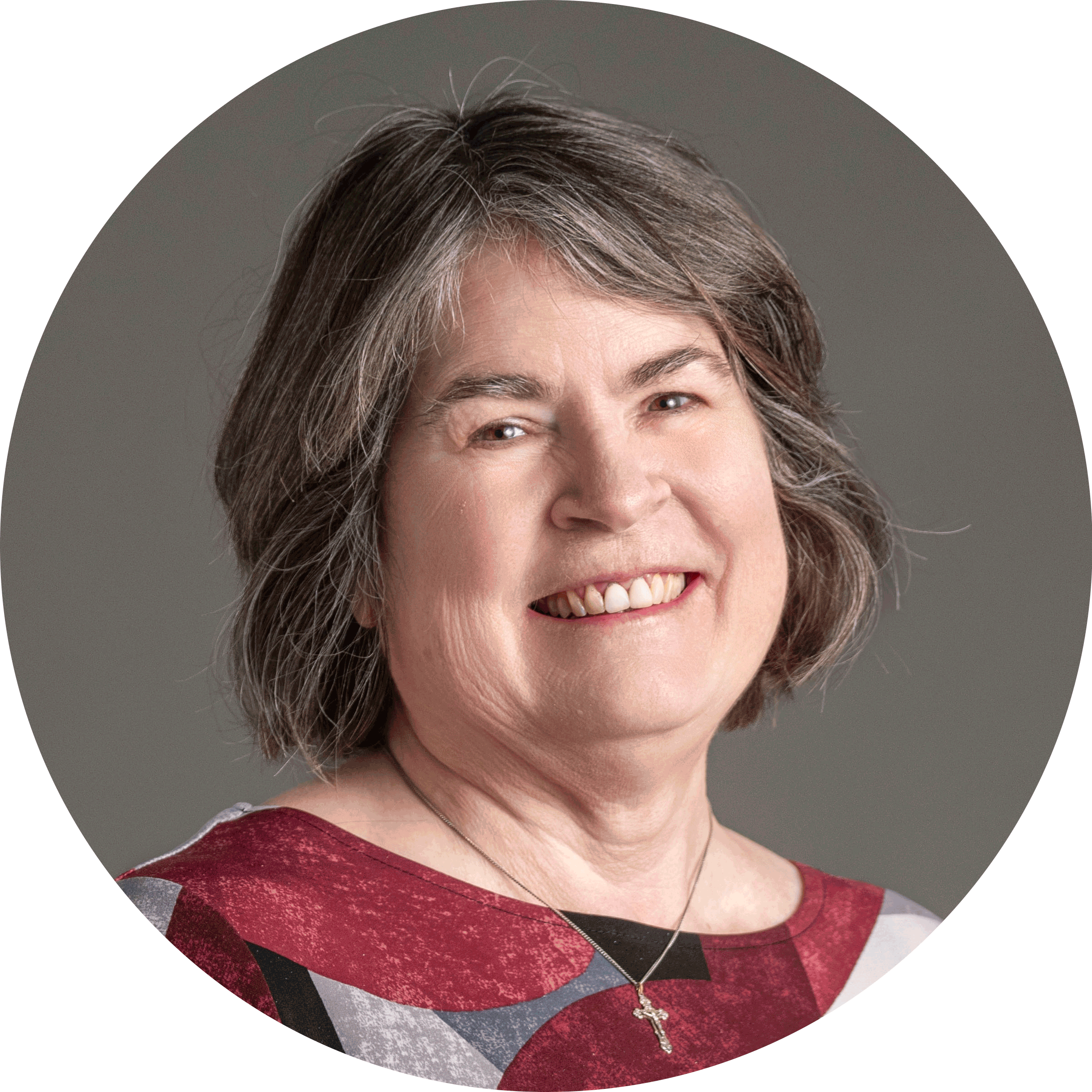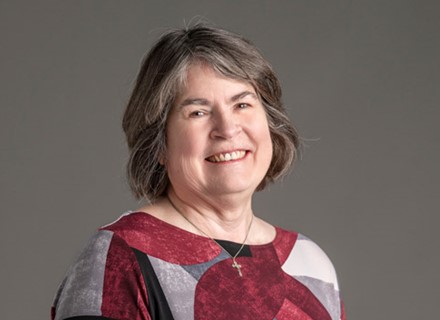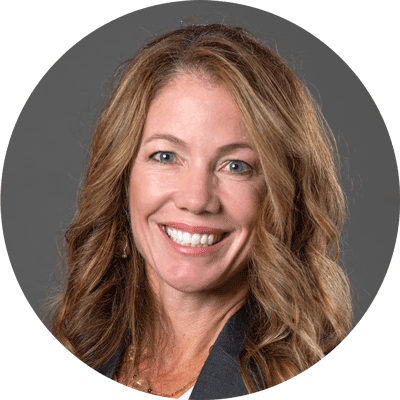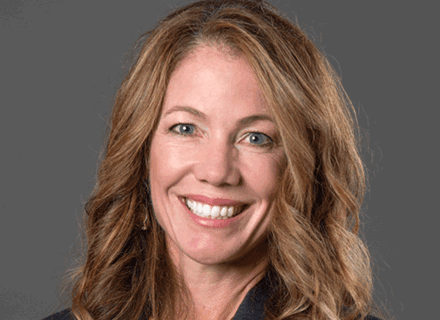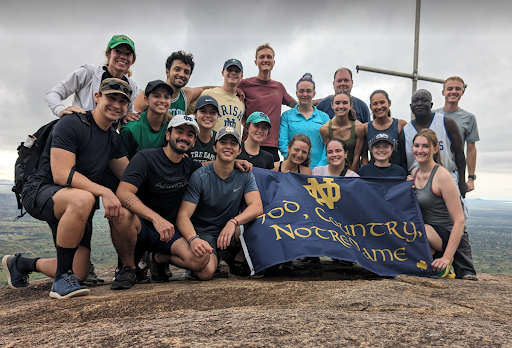I am very much looking forward to the University Chair Lecture Series featuring Ahmed Abbasi at 3 p.m. on May 1 in the Jordan Auditorium. Ahmed, the Joe and Jane Giovanini Professor of IT, Analytics, and Operations and the co-director of the Human-centered Analytics Lab (HAL), will present his 20-year career studying machine learning and AI, briefly highlight several real-world cases and discuss ongoing HAL research that is pondering important policy questions such as, "Is responsible AI impossible AI?" The presentation will help us all better understand human-centered AI. A reception will follow. I hope you will attend!
I’m pleased to highlight our latest research published in top academic journals:
Zhi Da, Howard J. and Geraldine F. Korth Professor of Finance
Uncovering the Hidden Effort Problem (Journal of Finance)
Zhi and his co-authors use minute-by-minute Bloomberg online status and study the effort provision of executives in public corporations. While executives spend most of their time doing other activities, patterns of Bloomberg usage allow the researchers to characterize their work habits as measures of effort provision. They document a positive effect of effort on firm performance and also revisit agency issues that have received attention in the prior academic literature.
Kristen Ferguson, Assistant Professor of Marketing
The Mobile Giving Gap: The Negative Impact of Smartphones on Donation Behavior (Journal of Consumer Psychology)
While charities typically use the same messaging when appealing to consumers on their smartphones and PCs, this approach may backfire. This research finds that consumers are less likely to donate on their smartphones (vs. PCs), a phenomenon the authors call the mobile giving gap. Their findings across three lab and field experiments suggest that charities are leaving money on the table by using a one-size-fits-all strategy for all forms of online giving.
Tim Hubbard, Assistant Professor of Strategic Management
Competition and Constituents’ Polarization Online (Journal of Management)
Society's polarization shapes online engagement with organizations, particularly regarding identity-relevant events like competitions. Analyzing engagement among college football followers, the research examines how individuals who identify with the organization engage differently than those who dis-identify with the organization. The study demonstrates that polarized constituents react to organizational events through identity-based mechanisms rather than objective evaluations of performance. The multi-method manuscript includes one of the first online psychophysiological studies in the stakeholder management domain.
Yoonseock Son, Assistant Professor of IT, Analytics, and Operations
Kaitlin Wowak, Robert & Sara Lumpkins Associate Professor of Business Analytics
Corey Angst, Jack and Joan McGraw Family Collegiate Professor of IT, Analytics, and Operations
Gender Mismatch and Bias in People-Centric Operations: Evidence from a Randomized Field Experiment (Journal of Operations Management)
In an increasingly digital world, understanding how gender bias manifests is imperative. In partnership with an online platform offering weight management programs and consultation services, this study shows that revealing the consultant’s gender encourages customers to leave more reviews and higher ratings, with the impact more pronounced when the consultant is female. Gender mismatches, where the client and consultant are of opposite genders, result in higher ratings and increased engagement compared to gender matches.
Lauren Vollon, Visiting Assistant Professor of Accountancy
The Capital Market Effects of Centralizing Regulated Financial Information (Accepted at Journal of Accounting Research)
Vollon and his co-authors use the introduction of digital storage and access platforms for regulated financial information (Officially Appointed Mechanisms, or OAMs) in the EU to study the capital market effects of information centralization. They show that the implementation of OAMs resulted in significant market liquidity improvements by reducing investors’ processing costs. Importantly, they document that information spillovers between focal and peer firms are a mechanism through which the positive capital market effects arise.
Thank you to Zhi, Kristen, Tim, Yoonseock, Katie, Corey and Lauren for your research contributions.
In Notre Dame,
Martijn



